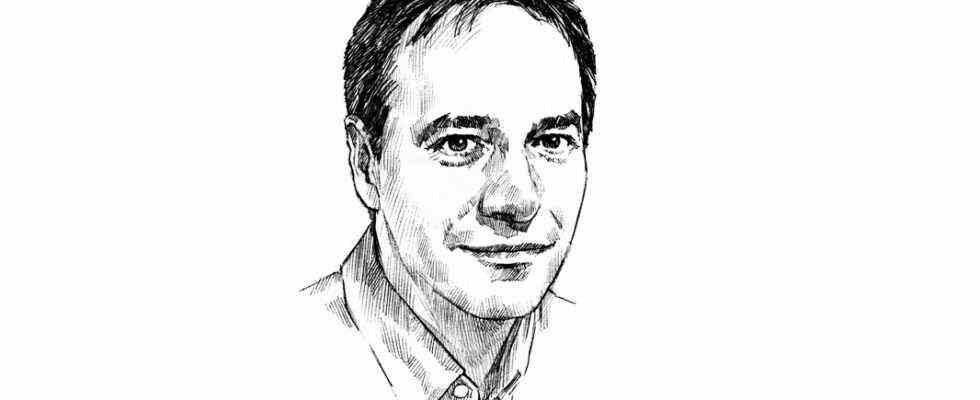Germany has a problem with plastic, a big one in fact. The country considers itself the “world champion of recycling”, but is in fact the “European champion” in throwing away packaging waste and in recycling far worse than it thinks. The ban on plastic cotton swabs, straws and other single-use plastic, which will apply across the EU from this Saturday, harbors the risk of reinforcing the self-proclaimed recycling champion’s false self-perception. Look here, we’re doing something; now there is even a ban. In reality, it is already clear how the industry circumvents the ban in a tricky and sometimes brazen way. For example, with alternatives that further increase the mountain of rubbish or are even harmful to health: such as coffee mugs made of bamboo or drinking straws in which mold can form.
But that’s not the biggest problem at all. Far worse is to see how the ban continues to lull the country in its brazen complacency and the deceptive feeling that everything is already going well. Nothing works, at least if you look at two decisive criteria: the amount of packaging waste and the recycling rate, the real one. And there you can see: The packaging waste is increasing from year to year, in the Corona year 2020 even particularly strongly (here the delivery services say hello); recycled in the sense that the average person understands it, namely that the yoghurt tub can be turned into a yoghurt tub – but this only works with a fraction of the packaging waste.
The drama: Despite all the rhetoric and new laws, nothing indicates that the environment would be relieved in the foreseeable future. An important reason for this is the exuberant greenwashing of the industry, which uses misleading advertising, for example about plastic miraculously fished from the ocean, to lead people to believe that by buying this bottle they are seriously doing something for the protection of nature. Finding your way through the jungle of true and false advertising messages has become more difficult rather than easier for consumers over the past few decades.
It would be wise to reward right behavior, punish wrong behavior
The legislature is largely to blame for this. Government officials have not shown the industry a clear edge. It would have made sense, for example, to punish industry by law for wrong behavior and to reward it for what is right. Instead, however, government representatives have let themselves be whispered by the industry, sometimes shamefully, that even the export of plastic waste justifies the term “recycled”, even if it actually ended up in the Indian Ocean. Or just when plastic waste is sent to a sorting system, it should already be included in the recycling quota and spruce it up a little – even if it was ultimately burned.
It would be good if this collective self-deception came to an end soon. A first step in this direction would be an admission of the same. And then, 30 years after the introduction of the Yellow Sack, something must finally happen that will produce verifiable results. In a high-tech country like Germany, there has to be more to it than leaving it to the usually very keen citizens to dispose of the plastic waste manually and to the best of their knowledge and belief in the yellow sack. Nor can it be that metropolises with millions of inhabitants like Munich simply evade this system of separation by arguing that the city should remain “nice” and that the sack is of no use anyway.
In short: a little more combative spirit of optimism and less complacency would be appropriate. Otherwise the already holey ban on individual single-use plastic products threatens to end up becoming the yellow sack of Europe: a pretext for having done the bare minimum.

